Ramadan In Brooklyn During A Pandemic: A Virtual Community & Stronger Faith
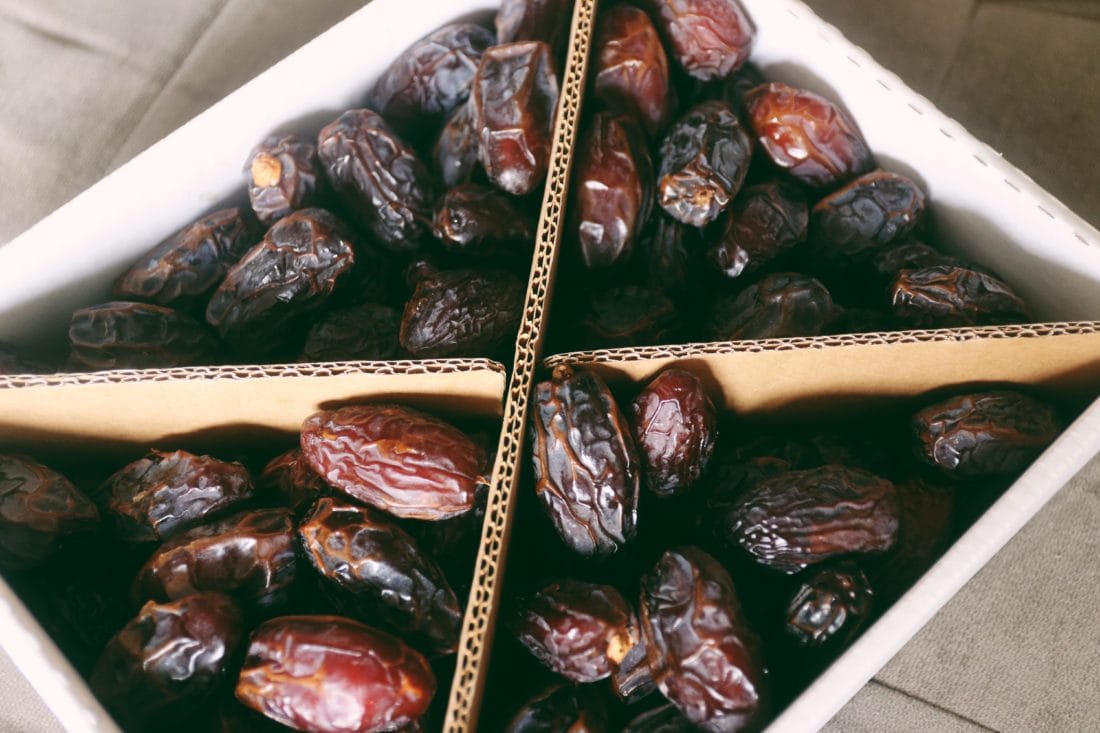
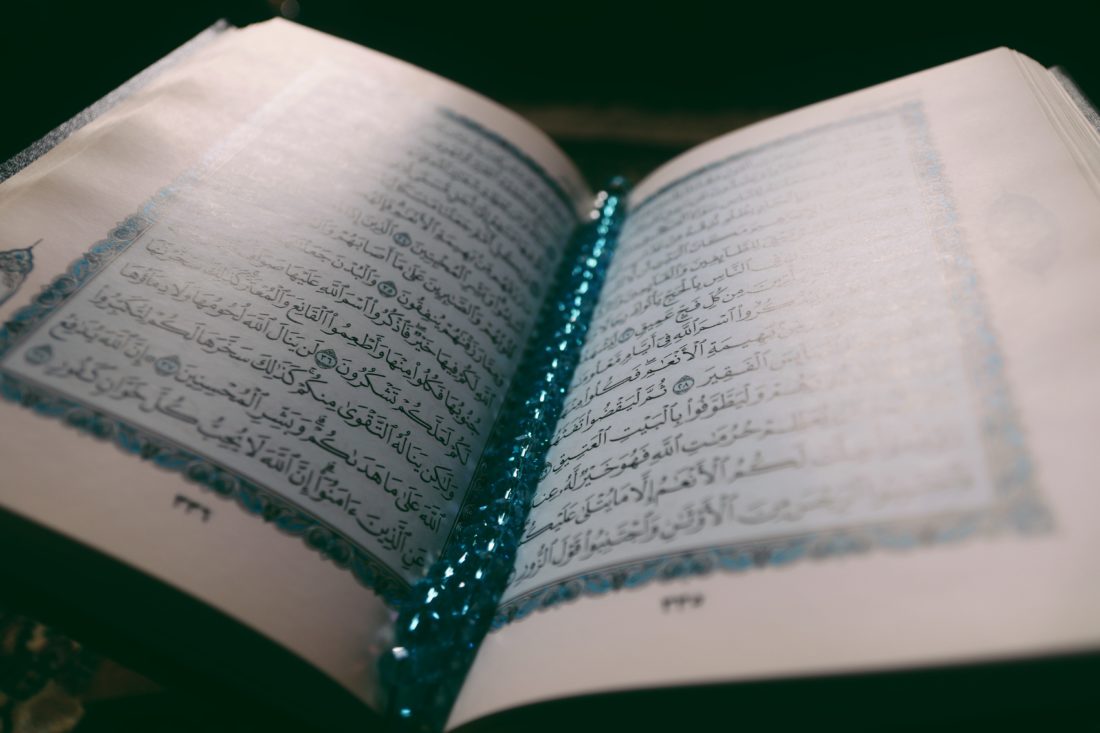
BROOKLYN – At this time last year, streets in Muslim-majority communities were packed. People were buying last-minute food items: a box of dates, a big bottle of Rooh Afza (a syrup that makes the most refreshing drink when mixed with water), and frozen samosas for those that struggle with folding homemade ones. Colorful lights were draped on storefronts, leaving it a sight to see when walking by during the nighttime. People would chatter and wish one other “Ramadan Mubarak,” yelling across the street. Now, those streets are empty. There is a pandemic. It’s eerie outside. But inside, the spirit of Ramadan is still very much alive, and in many ways, stronger than ever.
Ramadan starts tonight. It is a holy month where Muslims fast from sunrise to sunset every day. They do it to heighten their devotion to God and to humble themselves. For many, this Ramadan will be spent without their loved ones.
Ditmas Park neighbor Kashif Hussain remembers how his mother would wake the whole family up for sehri/suhoor (meal consumed before sunrise) in a gentle voice. Every Ramadan, she’d get the whole family together. She’d cook food “made with love” and would pray for everyone she loved so dearly. Two weeks before Ramadan, she died. Now, the home will be quiet without her.
“I miss her voice, her smile, and unwavering and unconditional love for her grandchildren,” Hussain told Bklyner. “I have asked God if He could allow me to see her and talk to her in my dreams every night of Ramadan. I have also pledged to feed the homeless and people who are suffering from this virus in her name. She was the greatest philanthropist I knew.”

Ramadan is also a communal time. People usually break their fast (iftar) in large groups at the masjid or outdoors in a park somewhere. Then, they gather at the mosques late at night for tarawih, a special prayer. They’d spend their time attending lectures and halaqahs, and they would be at peace. This year, there will be no gatherings, no tarawih at the masjid, no interfaith iftar on the Avenue C Plaza, and no physical halaqahs where people would sit in a circle and talk about the faith they love the most. Instead, it will all be online. After all, “Community is a source of support, whether it be physical or virtual, that consists of people that one can relate to,” Ahmad Sleiman, the Young Muslims New York (YMNY) Regional Coordinator told Bklyner.
Young Muslims is a non-profit national youth organization comprised of young men and women, who at the most local level, gather every week to talk about Islam and make a difference in their communities. In Brooklyn, they would meet at Masjid Quba, located at 1323 Foster Avenue, where the young men would gather on Saturdays and the young women on Sundays. During Ramadan, they would have Qiyaam nights, where they’d sometimes invite a speaker or do a halaqah while munching on snacks. And then they’d pray Qiyaam (a form of worship at night) together “with the lights dimmed as one of the sisters would lead salah in her beautiful voice,” Rida Farooqi, the YM Sisters NY Regional Coordinator said.
Now, they all meet on Zoom. Last week, YMNY held an online Ramadan preparation event, where people from four boroughs and Nassau County attended. And they plan on continuing to do that during Ramadan. According to Farooqi, they are planning on holding virtual dhikr (a form of devotion where Allah’s name is repeated) circles, a 30 Day Ramadan Challenge, and a duaa book activity to keep everyone motivated. They especially want to spread awareness of the holy month to those that are not Muslim, Sleiman explained.
“We plan to make use of social media outlets to spread awareness of the importance of Ramadan to not only young Muslims, but to members of the community that are curious about this holy month,” Sleiman said. “In addition, we plan to continue weekly online sessions, which will involve different NeighborNets working together to help the youth accomplish spiritual, physical, and mental goals. I look forward to the challenge of providing the blueprint in which future YM or youth leaders can tackle a Ramadan filled with obstacles.”
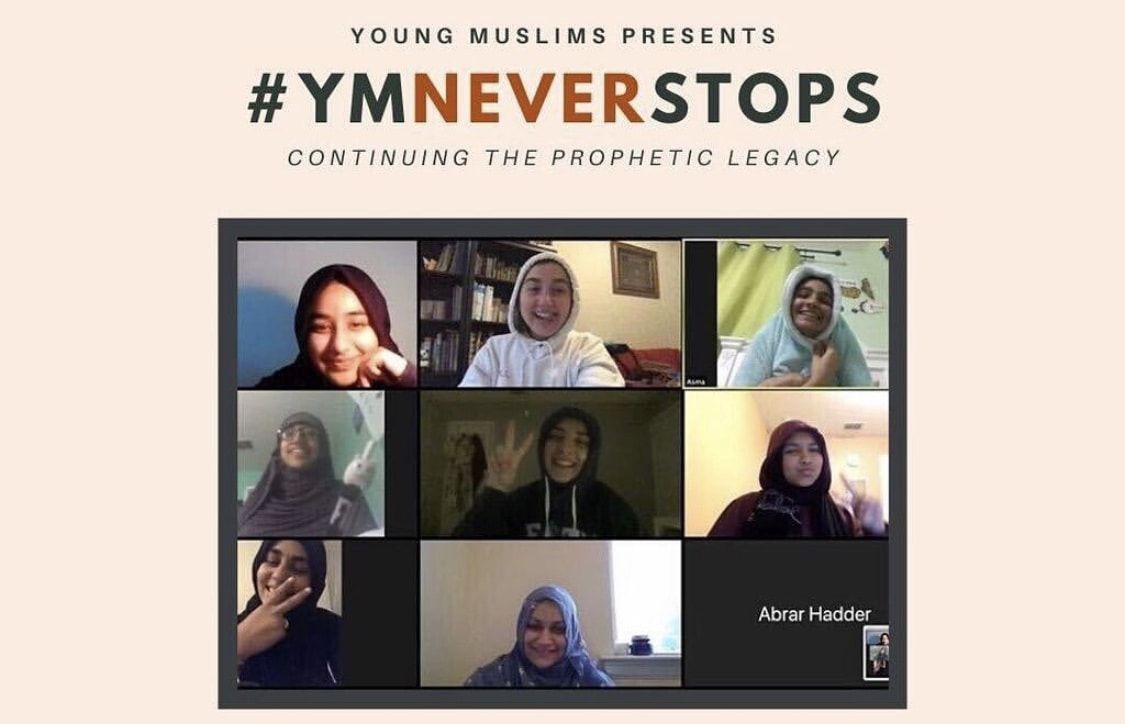
Sleiman acknowledges that the transition to online was difficult, but, because of the commitment of the youth, it has been successful. A few weeks ago, YM members in Brooklyn joined a NeighborNet that was taking place in Austin, Texas over Zoom. It was an opportunity they would never have gotten if not for these new circumstances.
“They got a valuable insight into how Muslims in Texas are preparing for Ramadan, an opportunity that would not have been afforded to them if not for the change to online platforms,” Sleiman said. “The ultimate goal is that through these experiences, different perspectives and a sense of brotherhood will be shared, which will lead to improvements in the quality of NeighborNets throughout the country.”
Farooqi agrees. When she thinks of community, she thinks of YM. “It’s like a web,” she explained. “Everyone and everything is connected to one another and we need to make sure we don’t put a tear in it.”
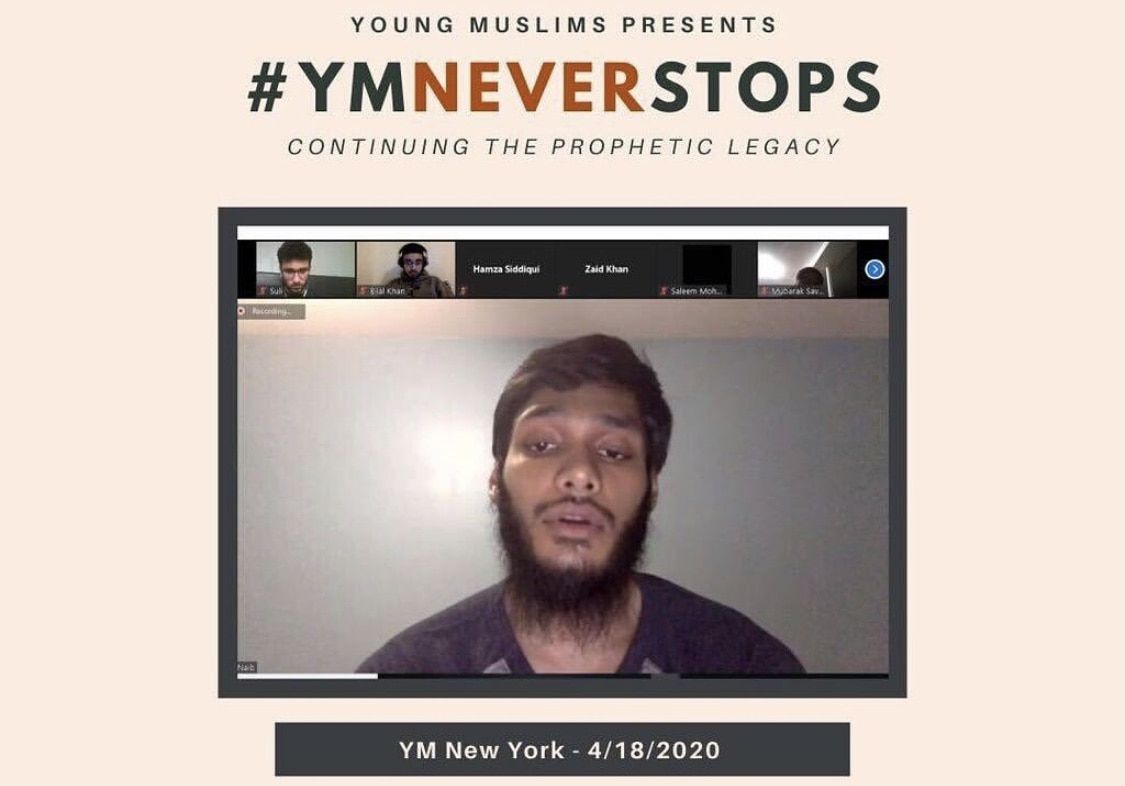
Shahana Hanif, a Kensington neighbor and activist running for City Council in District 39, already knows how Ramadan is spent without the physical presence of people at the masjid. When she was diagnosed with Lupus at 17, she remembers spending Ramadan and Eid at the Maimonides Medical Center Intensive Care Unit. After that, she’s spent countless Ramadans at home as a disabled person whose mobility was limited.
“The internet was a critical outlet then to build a community as it is in this moment,” she told Bklyner. “The in-person gathering isn’t the only definition of community, because if it were, then we are leaving out huge swaths of people, including people with disabilities. This Ramadan is a critical opportunity to practice inclusivity by bringing in those who’re usually missing at the mosques.”
“Community means no one is abandoned or left behind and requires creating space for more people to be part of building toward the changes we want,” Hanif explained. “Communities have superpowers and they stem from the block. I remember when Avenue C Plaza was a deserted triangle. The power of neighbors made it what it is now, a sight for community gatherings and resistance actions. Those superpowers are also created online — we know the power of digital organizing.”
Aamnah Khan, a community leader in Kensington, agrees. For her, this Ramadan will be spent checking in with loved ones, praying alongside her parents, and connecting with her neighbors online. For the Kensington community as a whole, people will spend Ramadan supporting one another through mutual aid efforts, watching local talent at the virtual iftar, building fellowship through youth halaqas online, tuning into women’s lectures over the telephone, and unfortunately, video calling into janazahs (funerals). It will be different, but nonetheless, spiritual.
She shared a hadith (a saying of the Prophet): “The believers in their mutual kindness, compassion, and sympathy are just like one body. When one of the limbs suffers, the whole body responds to it with wakefulness and fever.”
“During this pandemic, we are learning what it feels like to truly be a community: for our hearts to beat as one,” she said. “Regardless of if we realize it, we are affected by pain around us we don’t feel. If we become numb to everything around us, we start to normalize the pain, we don’t address it, and we can’t heal.”
For Khan, this Ramadan will be a time to test her “spiritual sincerity as Ramadan is more than physical abstinence. I ask myself, have I practiced my faith in public for other people, or have I practiced my faith for God?”
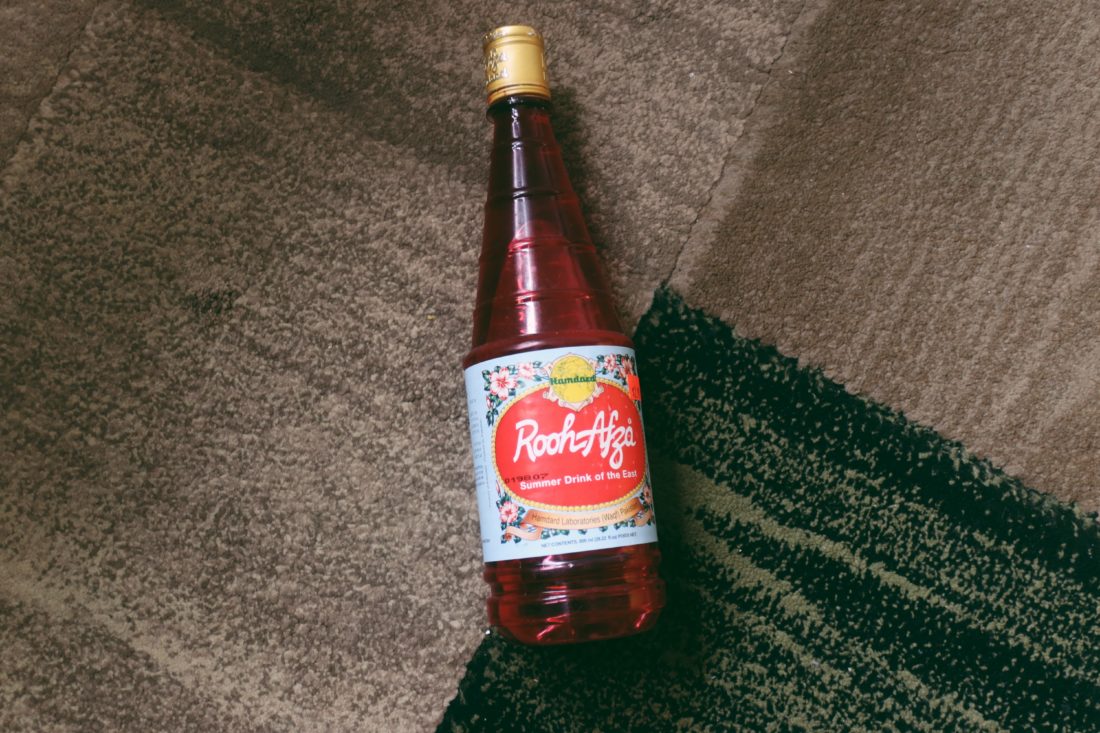
The Muslim American Society (MAS) Youth Center at Brooklyn (and Staten Island) is also stepping up virtually this Ramadan. The ladies will be collaborating on a daily program via Zoom and each day will have a different theme. Some people at MAS are also engaged in Quran circles, where they have goals for completing the Quran from cover to cover by the end of Ramadan.
“We hope to uplift our community’s spirits during these trying times and to keep the Ramadan vibes on an all-time high,” Minna Abdelkader, the co-outreach director at MAS Staten Island told Bklyner. In a few days, they will be holding their annual Ramadan fundraiser, except this time it will be virtual. And Abdelkader noted that black tie was not optional.
“We’re not foot to foot, shoulder to shoulder every day but we still want to make it feel like we are,” she said. “I say the sense of community will be highlighted this year. No COVID-19 pandemic can break up a MAS community. Nothing can. If you feel like you’re losing a sense of community, then know that we are situated with our arms wide open for you (virtually and with social distancing). All are welcome.”
Mahmood Kauser is the imam at the Ahmadiyya Muslim Community in NYC. For a month now, masjids have been closed because of the coronavirus and are expected to remain closed during the duration of this month. But not even the absence of a physical masjid can affect the spirit of Ramadan, he explained.
“If anything, this year the sense of community will be even stronger in the hearts of everyone and it will transcend thought the screens of our phones and computers when we spend those precious moments speaking and listening to one another,” Kauser said. “And when something is taken from you, that is the time people realize it’s true worth. The hope would be that people will realize all that we squandered by allowing divisiveness to overcome our societies and in turn work towards unifying all people so that when the crisis of COVID-19 is contained, we can all reunite and live together in love and peace.”
As Abdelrahman Badawy, a sheikh of MAS Brooklyn and Staten Island, said in a virtual Zoom lecture titled, “Navigating your way into Ramadan,” the holy month has not changed; the situation did. And the situation will always change every Ramadan. “But that is expected because has Allah said ‘Surely we will test you…'”
“This Ramadan is an opportunity to invest time in other aspects of the community that one could not before due to work, school, etc. Whether it be improving that relationship with your parents or reaching out to a distant friend, we have the ability to lay down the foundation for a better ‘community,'” Sleiman said. “That way, for future Ramadans, we have an increased support system that we can rely on. For any young teenagers reading this that are looking for support during Ramadan, I, more importantly, YM, are willing to help you.”




